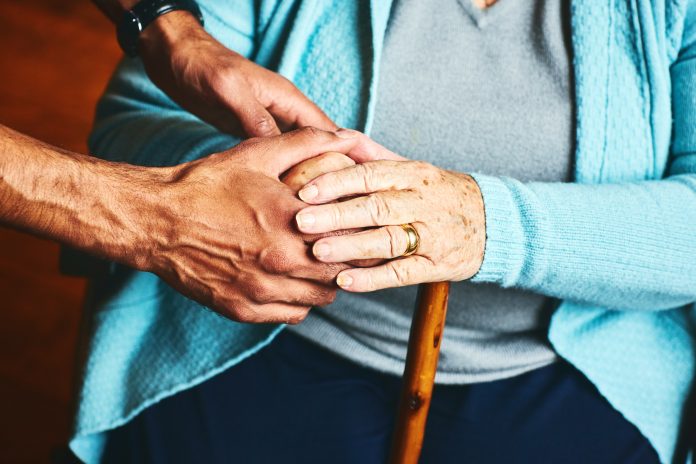Unpaid carers are a key part of the UK’s social care system; they provide essential support to loved ones without formal recognition or financial reward, however, this is about to change
To support these carers and improve their wellbeing, the government has announced a £22.6 million investment in innovative projects that will help to ease their responsibilities and improve their quality of life.
£22.6 million investment for unpaid carers
Hoping to improve adult social care across England, this investment will ensure carers have the tools, flexibility, and support they need to continue their important work.
Focus areas of the investment
These investment uses technology, digital innovations, and new care models to make the caregiving process more manageable and flexible.
The funding will support local authorities across the country in rolling out solutions that help carers balance their roles with their personal needs.
One of the main goals of the funding is to provide carers with more opportunities for rest and respite. By using technology like remote monitoring systems, carers can have more flexibility while still making sure their loved ones receive the care they need.
Innovative technology supporting carers in England
In Bath and North East Somerset, Swindon, and Wiltshire, local authorities are introducing technology that enables remote monitoring of individuals with care needs during the night, offering greater independence for those being cared for and peace of mind for their carers.
In Worcestershire, video technology is being used to assist carers when individuals are discharged from hospital. This system allows healthcare workers to monitor patients remotely, reducing the risk of readmission and lightening the load on carers, who can continue their caregiving tasks from home.
Innovative respite Care and support
Another new initiative involves arts, heritage, and nature activities being rolled out in Lincolnshire. These workshops, which include painting, floral art, and printing, are designed for both unpaid carers and the people they care for.
This helps to give the carer a break and also provides a creative and therapeutic outlet, as well as making sure that support and transport are available to make attending easier.
In London, a “Think Carer” campaign is helping individuals recognise themselves as carers. This campaign offers additional support through health and lifestyle checks, as well as counselling services, ensuring that carers’ physical and mental health needs are addressed.
Digital innovation for easier access to support
Digital innovations are also being rolled out in various regions. In Medway and Kent, local authorities are digitising self-assessments to make it easier for carers to access the information, advice, and services they need. They have also developed an employer toolkit to help businesses support carers in the workforce, recognising the challenges carers face in balancing work with their caregiving duties.
Supporting the “Home First” model of care
The funding also supports community-based care models, such as the “Shared Lives” service, which matches individuals with care needs to approved carers who share their homes. This initiative promotes independence and allows people to stay in familiar environments, reducing the need for institutional care.
Additional government support
As of the recent Budget, unpaid carers will be allowed to earn over £2,300 more each year while still qualifying for the allowance. This is the largest increase since the Carer’s Allowance was introduced in 1976, providing carers with greater financial flexibility.
1.3 billion in new funding for social care in 2025/2026
The government has also committed £1.3 billion in new funding for social care in 2025/2026, including at least £600 million for adult social care services. This is part of a wider effort to create a National Care Service that guarantees high-quality care for everyone.











